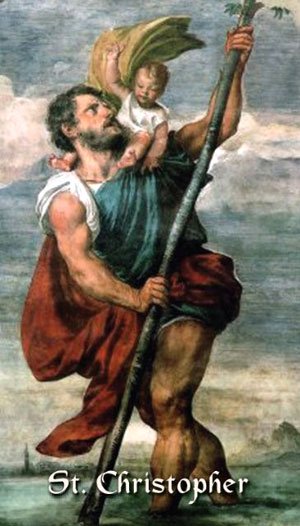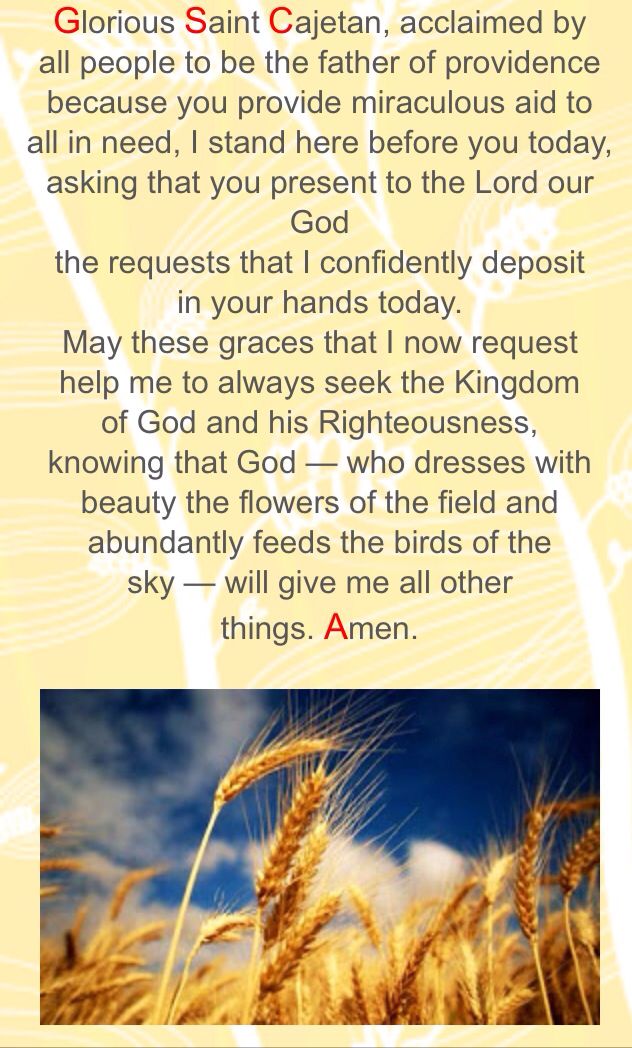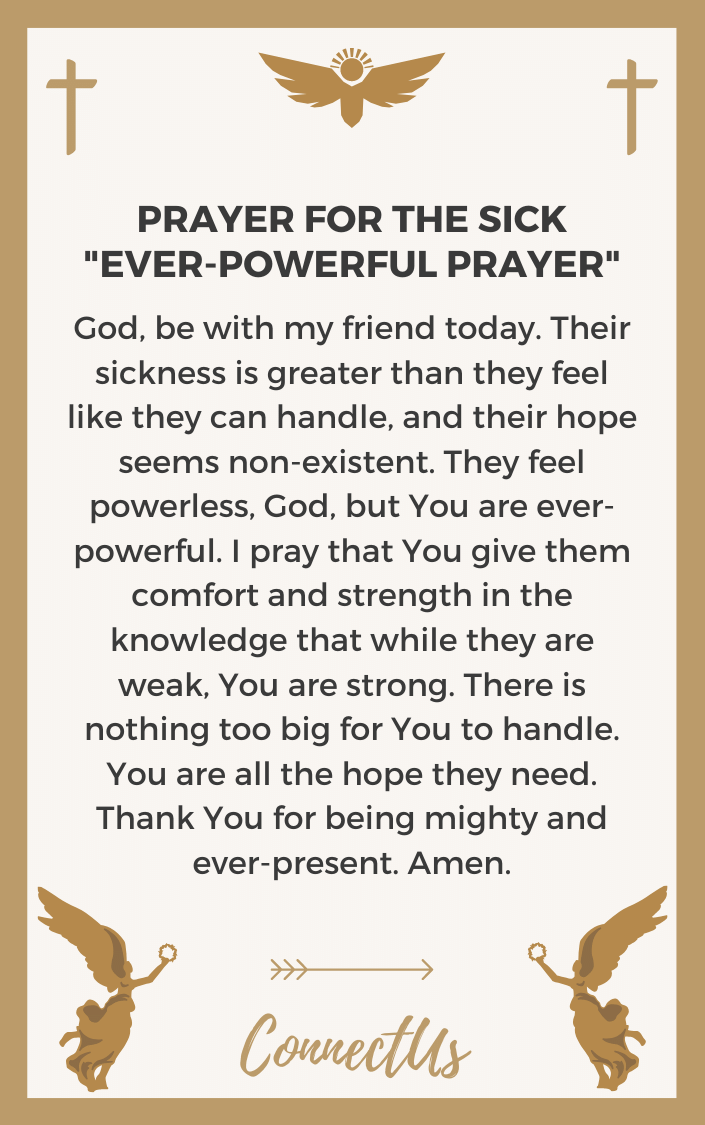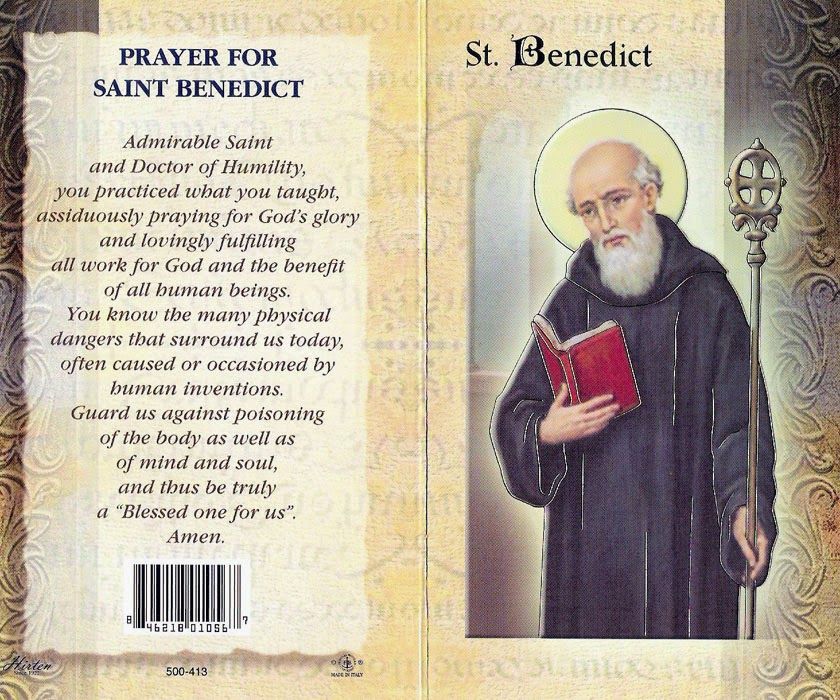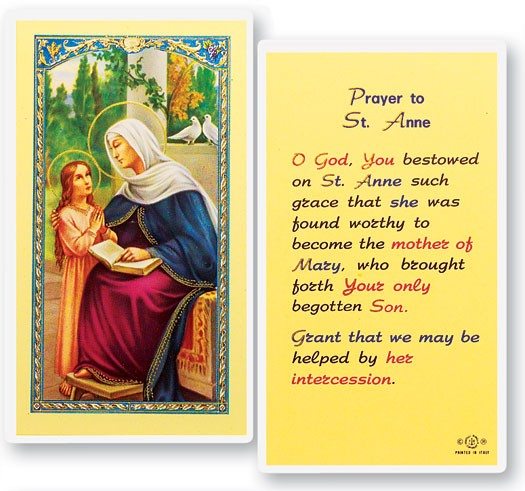St. Christopher is the patron saint of travelers, and his name means “Christ-bearer.” According to legend, he was a giant of a man who lived in the third century and devoted his life to helping others. He is often depicted carrying the Christ child across a river, as the story goes that he once carried a small child across a dangerous river and the child revealed himself as Jesus.
Who Is St. Christopher?
St. Christopher was a man of great strength and courage, who was said to have been over seven feet tall. He lived during the third century and was known for his kindness and generosity. He was a devout Christian and devoted his life to helping others.
The Legend Of St. Christopher
The most well-known legend of St. Christopher tells the story of how he came to be known as the patron saint of travelers. According to the tale, he was a giant of a man who lived in a remote area and knew little of the world beyond his home. One day, a small child came to him and asked to be carried across a deep and dangerous river. St. Christopher agreed, and as he carried the child across the water, the child grew heavier and heavier until it seemed as if the weight of the world was upon him.
When they reached the other side, the child revealed himself to be Jesus, and told St. Christopher that he had been carrying the weight of the world on his shoulders. From that day forward, St. Christopher was known as the patron saint of travelers, and was said to protect those who journeyed on land and sea.
Why Is St. Christopher The Patron Saint Of Travelers?
St. Christopher is the patron saint of travelers because of the legend of him carrying the Christ child across the river. This story symbolizes the idea of helping and protecting travelers on their journey. He is also the patron saint of drivers, bikers, and those who work in transportation.
Conclusion: St. Christopher is a beloved and powerful figure in the Catholic Church and is known as the patron saint of travelers. His legend of carrying the Christ child across the river symbolizes the idea of protection and guidance for those who journey on land and sea. He is also the patron saint of drivers, bikers, and those who work in transportation. Many people pray to St. Christopher for safe travels and protection during their journey.
How To Invoke St. Christopher’s Protection For Travelers
Many people turn to St. Christopher for protection and safe travels. Here are a few ways to invoke his protection:
- Wear a St. Christopher medal: Many people wear a medal or pendant of St. Christopher around their neck as a symbol of protection while traveling. These medals can be purchased at Catholic gift shops or online.
- Pray the St. Christopher prayer: There are several different versions of the St. Christopher prayer, but they all ask for his protection and guidance during travel. One popular version is: “St. Christopher, protect us on our journey, be our guide and protector, and bring us safely to our destination.”
- Keep a St. Christopher statue or image in your car: Many people keep a small statue or image of St. Christopher in their car as a reminder to pray for his protection while driving.
- Invoke St. Christopher’s protection before traveling: Before embarking on any journey, whether it’s a long trip or a short one, it’s a good idea to ask for St. Christopher’s protection. Some people like to light a candle and say a prayer before leaving home, while others like to recite the St. Christopher prayer.
In addition to these traditional ways, one can also carry a prayer card or a rosary that has St Christopher’s image on it, or place a sticker of St Christopher on their vehicle.
Conclusion: St. Christopher is a powerful and beloved figure in the Catholic Church and is known as the patron saint of travelers. Many people turn to him for protection and safe travels, and there are a number of ways to invoke his protection, including wearing a St. Christopher medal, praying the St. Christopher prayer, keeping a statue or image of St. Christopher in your car, or invoking his protection before traveling.
Read Also:
